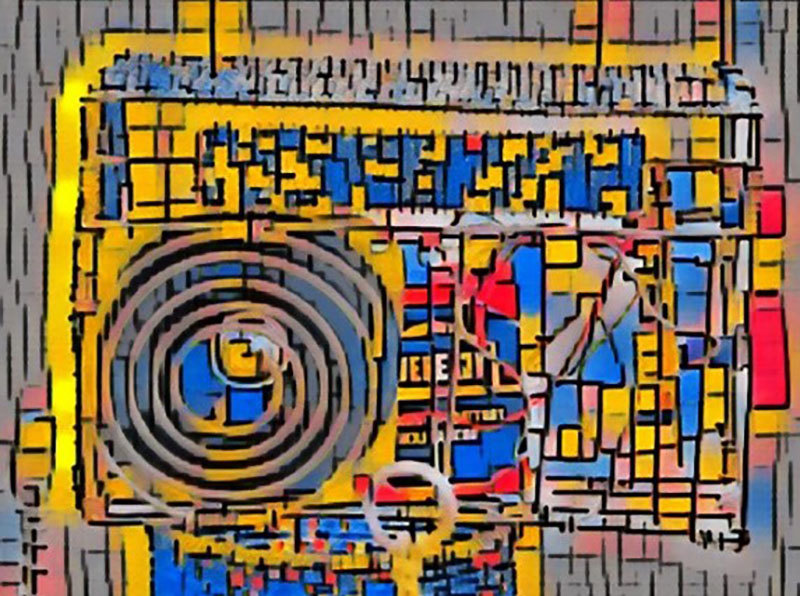Zarina Patel leads project for sustainable urban transformation
13 April 2021 | Story Robert Morrell. Photo Supplied. Read time 5 min.
Zarina Patel, associate professor in the Department of Environmental and Geographical Science at the University of Cape Town (UCT), has been leading research and building collaborations in the area of sustainable urban transformation.
Zarina is the academic lead in a World Universities Network (WUN) project: “The New African Urban University: Building partnerships to realise the promise and potential of sustainable urban transformations”.
Universities and sustainable urban change
How are African universities leveraging their role in sustainable urban change? This is the question that the project seeks to answer. Cities have been seriously affected by the global COVID-19 pandemic. In planning for a revival, the goal of a sustainable recovery will be foremost. Such recovery will need to engage with increasing urbanisation rates, the urbanisation of poverty, and the dominance of systems of informality. Universities will play a pivotal role in generating data and supporting knowledge systems as part of a sustainable recovery future.
This project is concerned with strengthening the role of African universities to co-produce urban knowledge to advance sustainable cities as conceived in the United Nations Sustainable Development Goal 11. It is based on the assumption that harnessing the promise and potential of African cities to shape global environment and development trajectories over the next decade hinges on amplifying and supporting the ‘New African Urban University’ to engage with the visioning and shaping of local societal benefits.
The network includes representatives from the University of Bergen, the University of Bristol, the University of Ghana, the University of Sheffield, the University of Western Australia, Kwame Nkrumah University of Science and Technology, Makerere University and the University of Nairobi.
African Centre for Cities workshop
Zarina recently participated in a workshop organised by the African Centre for Cities: Communicating Insights from Research to Diverse Audiences. The workshop participants were drawn from a pan-African interdisciplinary and applied urban research network – the African Urban Research Initiative (AURI). In collaboration with the Mistra Urban Futures programme, AURI convened the workshop on 4 March 2021, which brought together 40 emerging scholars from various African universities and research centres.
The Mistra Urban Futures programme concluded this year after 10 years of rich knowledge co-production and experimentation in and between seven cities across the world. Zarina led the first phase (2012–2015) of the programme for the Cape Town platform, including a knowledge exchange partnership between UCT and the City of Cape Town.
The seminar series tackled the challenge of communicating insights from research to diverse audiences and provided some practical examples as well as an in-depth session to develop practical skills. The programme was introduced by Professor Edgar Pieterse, director of the African Centre for Cities, who reminded the group that these gatherings to develop a common language and share experiences are crucial to strengthen the presence of the network.
Making new scholars and communicating with policymakers
Professor Pieterse also pointed to the great responsibility of a new generation of scholars as being custodians of independence and rigor, speaking truth to power, and ensuring policy processes are evidence based. He concluded that there is extraordinary responsibility to make scholarship in the public policy domain accessible through opinion writing, summaries for platforms like The Conversation, as well as writing for the academic community.
Zarina and Amy Davison (head of the Climate Change Unit at the City of Cape Town) shed light on how to find common ground to communicate to and with policymakers. The experience of having City officials in the university and academics in the halls of government, spending significant time writing together and finding ways to make the work relevant, was transformative at an individual and institutional level, and resulted in academic, policy and popularly accessible outputs.
Read more about the workshop series.
 This work is licensed under a Creative Commons Attribution-NoDerivatives 4.0 International License.
This work is licensed under a Creative Commons Attribution-NoDerivatives 4.0 International License.
Please view the republishing articles page for more information.






